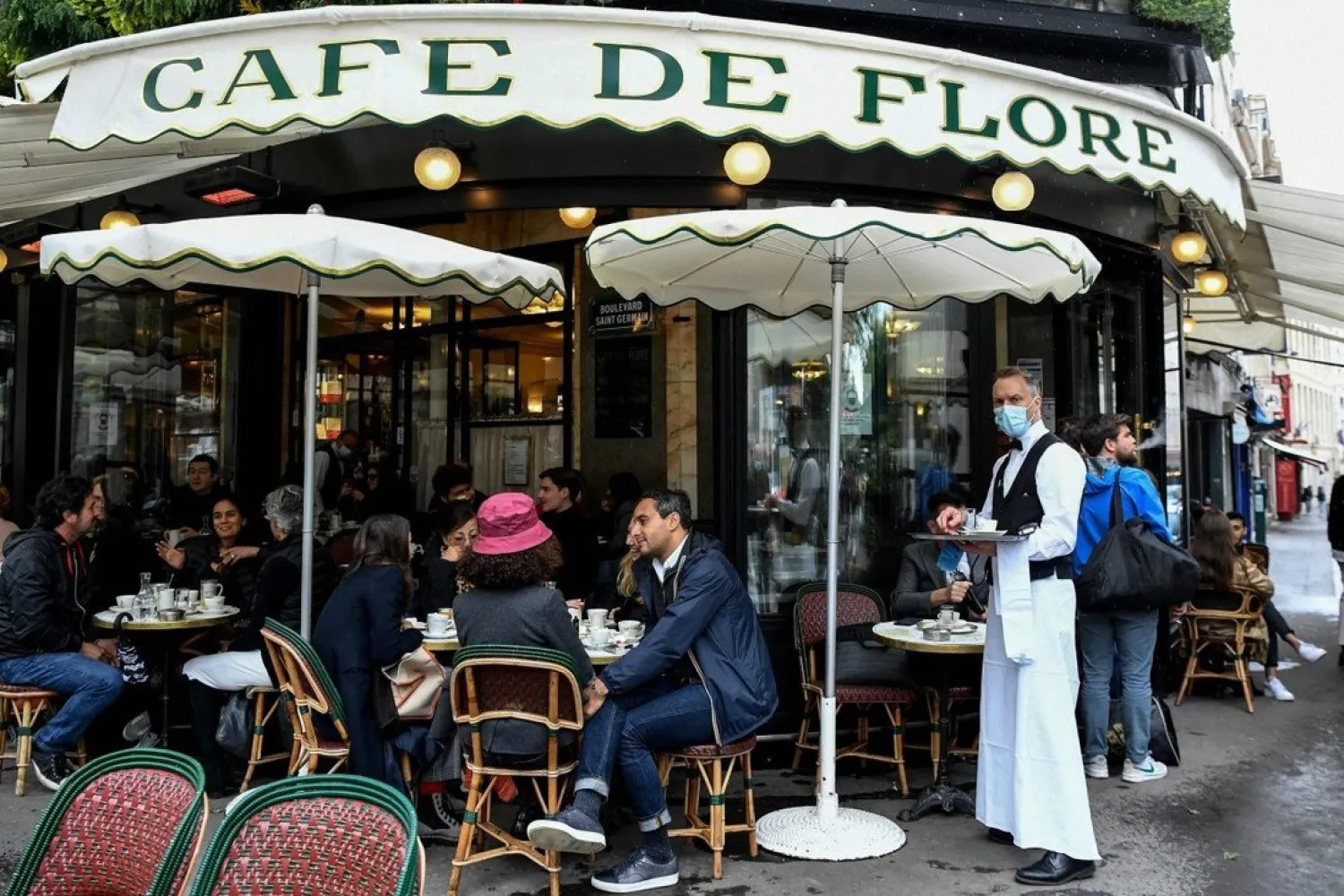In the French city of Marseille, Le Présage restaurant is working without gas and with little electricity in the kitchen, which switched into solar power.
The first of its kind in Europe, this restaurant uses a parabolic 2 by 2 meters dish covered with mirrors made by German manufacture Scheffler to operate ovens. Although this type of mirrors emerged 50 years ago, Le Présage is the first solar-powered restaurant in Europe, said Richard Loyen, executive director of ENERPLAN, an association gathering solar power experts in France.
The dish, directed towards the sun, reflects sunlight to a whole behind the kitchen, then to a solar panel that could warm up to 300 degrees Celsius in 20 minutes. Pierre-André Aubert, founder of the restaurant, and his team use this panel and solar-powered ovens to prepare their plates.
Next to each one of the served plates on the menu is featured the energy quantity it consumes. According to Aubert, "for instance, every 100 grams of pasta require a large pot of boiling water, which consumes a huge amount of energy. So we can't cook pasta."
"The idea is not to go back to using candles," said Pierre-André Aubert, 39-year-old aviation engineer who is preparing a dissertation about "the design of an enhanced restaurant with a solar-powered kitchen."
Energy consumption represents around 10 percent of the restaurant's carbon footprint, said Loyen, a partner in Le Présage's new experience, noting that "the vegan plates and local resources contribute to reducing this footprint."
"Plates change from a season to another, but they are all prepared from local products cooked with sunlight," explained Aubert.
The restaurant is located few meters from the Technology Park of Marseille and two major engineering schools.
According to local authorities, this region is the country's second best research hub in the field of mechanical energy after Paris, with 170 companies, 4,000 employees, and 2,600 students who need a restaurant serving good food at noon.
Marie-Christine Henriot, assistant director of Paris-Saclay University's school of engineering, who visited Marseille's campus, said "the food is so good, fresh, and delicious."









